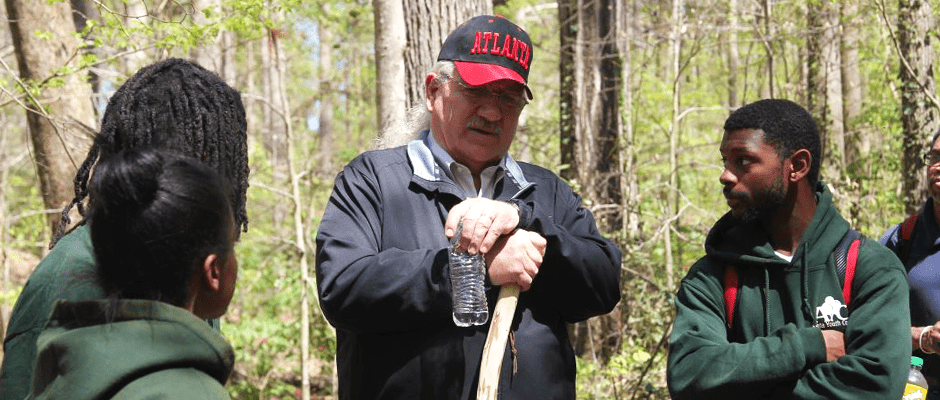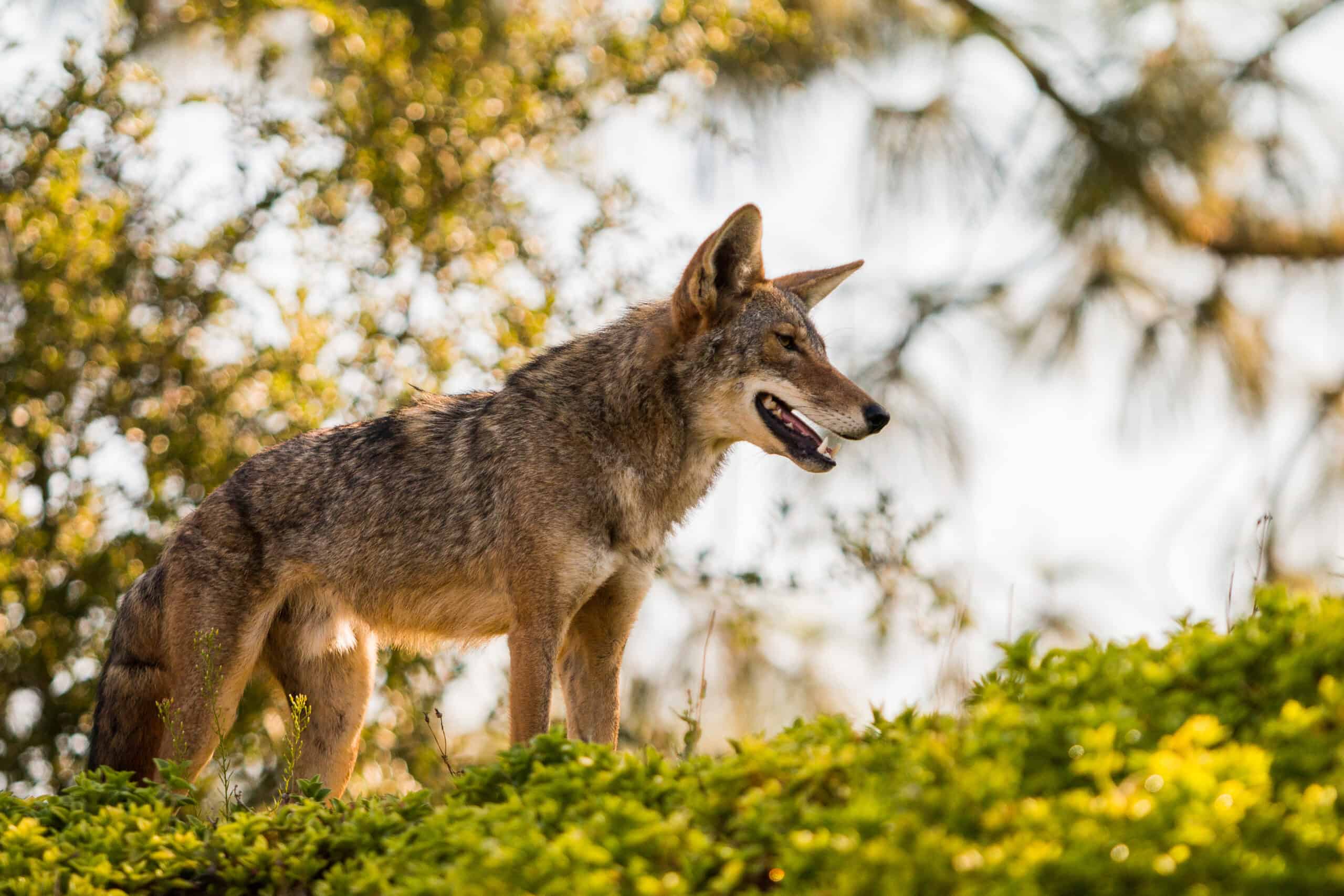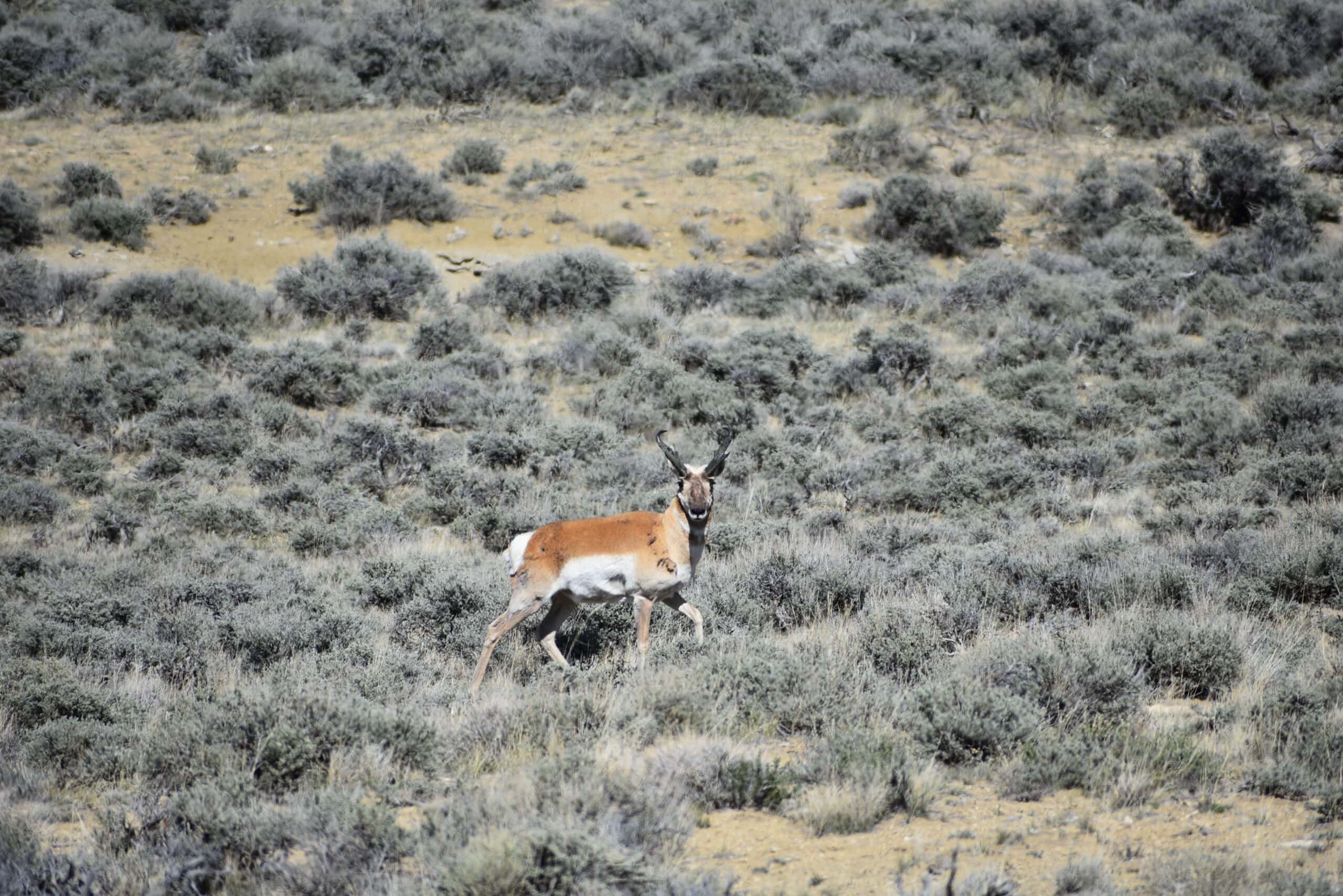Share this article
Conference plenary: Crossroads of cultures
Pre-registration for TWS’ 24th Annual Conference opens May 15. Visit twsconference.org for more information.
From ethnic diversity in the workforce to technology advances applied in the field, diversity is constantly changing the wildlife profession.
At the TWS 24th Annual Conference, which will take place Sept. 23-27 in Albuquerque, N.M., the opening plenary session on Sept. 24 will offer you the opportunity to learn about the importance of cultural changes in your profession and how this relates to conserving habitat and other wildlife resources.
This session will set the stage for you to recognize current challenges in your field as a result of changing cultures and how to handle those challenges. The speakers will also help you broaden your perspectives on how wildlife conservation will look in the future. “[Attendees] will have a greater appreciation for cultural considerations and weave that into what we do day-to-day in wildlife conservation,” TWS President Bruce Thompson said.
Crossroads of cultures
The first slate of speakers will look at a range of cultural considerations affecting professional communications, from tribal relationships to law enforcement.
Arthur “Butch” Blazer
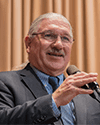 Now retired, Arthur “Butch” Blazer served as the U.S. Department of Agriculture deputy undersecretary for natural resources and environment in the Obama administration. He has remained involved in encouraging the next generation of wildlifers, especially Native American youth.
Now retired, Arthur “Butch” Blazer served as the U.S. Department of Agriculture deputy undersecretary for natural resources and environment in the Obama administration. He has remained involved in encouraging the next generation of wildlifers, especially Native American youth.
Blazer will speak about one of his passions: tribal youth conservation. “I’m hoping through my presentation and others, that we will be successful in educating the conference attendees in what tribes are faced with.”
In his past work, Blazer, a member of the Mescalero Apache tribe in south central New Mexico, managed the nearly half-million-acre reservation for the tribe and helped found the Native American Fish and Wildlife Society in the early 1980s. He has also been active in TWS.
“As we all know, wildlife knows no boundaries,” Blazer said, “and when [animals] leave the reservation and come onto a reservation or pueblo from another jurisdiction, it’s important for people to work together to try and manage as best we can the overall holistic environment from which these animals live.”
Hilary Tompkins
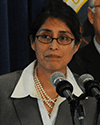 One aspect of cultural influences in wildlife conservation includes the involvement of Native American tribes in conversations between state and federal agencies about legal issues. Hilary Tompkins, a former solicitor for the Interior Department, will speak about some of these issues as a member of the Navajo Nation.
One aspect of cultural influences in wildlife conservation includes the involvement of Native American tribes in conversations between state and federal agencies about legal issues. Hilary Tompkins, a former solicitor for the Interior Department, will speak about some of these issues as a member of the Navajo Nation.
Her position included representing the department in judicial litigations, negotiations and contracts between federal and state agencies and tribes.
She also served as chief counsel to New Mexico Gov. Bill Richardson from 2003 to 2008 and special assistant U.S. attorney in the Eastern District of New York. Her legal experience includes work with the Navajo Nation Supreme Court in Arizona and the Navajo Nation Department of Justice as a tribal court advocate.
Alexandra Sandoval
 In 2014, Alexandra Sandoval became the second female director of the New Mexico Department of Game and Fish in its 112-year history. She was appointed to the position after serving as the agency’s chief financial officer and the chief of the Administrative Services Division. Sandoval will speak about the importance of recognizing the benefits of diversity within and outside a state agency.
In 2014, Alexandra Sandoval became the second female director of the New Mexico Department of Game and Fish in its 112-year history. She was appointed to the position after serving as the agency’s chief financial officer and the chief of the Administrative Services Division. Sandoval will speak about the importance of recognizing the benefits of diversity within and outside a state agency.
“Today we are at the crossroads for wildlife management in the United States,” Sandoval said. “The tremendous range of social interests and demands is at an unprecedented level. We must promote diversity, in all its forms and fashions, to advance our organizations and wildlife management for future generations.”
It Doesn’t Stop There
Sessions including another plenary, symposium and others will provide further insight into how different aspects of culture are important in the wildlife profession not only now, but in order to understand where the wildlife biology field is headed in the future.
You won’t want to miss the second plenary session on Tuesday, Sept. 26 featuring a diverse range of speakers who will discuss how millennials and a more urbanized culture are impacting the wildlife biology field.
And the discussion of cultural changes doesn’t end with these two plenaries. “The main plenary, the second plenary and special symposia, in combination with content scattered across the contributed sessions, will all further participants’ insight into different kinds of cultural considerations for effective wildlife conservation,” Thompson said.
For more information, be sure to check the conference website: http://twsconference.org/plenaries/.
Header Image: As U.S. Department of Agriculture Natural Resources and Environment deputy undersecretary, Arthur “Butch” Blazer visits with members of the Greening Youth Foundation while hiking at Cascade Springs in Georgia.



